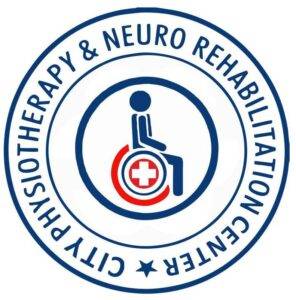
What is Multiple Sclerosis?
Multiple Sclerosis (MS) is a disorder of the brain and spinal cord involving decreased nerve function associated with scar formation on the covering of nerve cells. In many cases, MS symptoms include various stages of paralysis.
Multiple sclerosis involves repeated episodes of inflammation that destroy the myelin sheath that covers nerve fibers, leaving multiple areas of scar tissue (sclerosis) along the covering of the nerve cells. This results in slowing or blockage of nerve impulse transmission in that area.
MS often progresses with episodes that last days, weeks, or months alternating with times of reduced or no symptoms (remission). Recurrence (relapse) is common.
MS is believed to be a type of an abnormal immune response directed against the central nervous system (CNS). The exact antigen — the target the immune cells are sensitized to attack — remains unknown. In recent years, researchers have identified which immune cells are mounting the attack, how they are activated to attack, and some of the sites, or receptors, on the attacking cells that appear to be attracted to the myelin to begin the destructive process.
MS affects approximately 1 out of 1,000 people. Women are affected more commonly than men. The disorder most commonly begins between 20 to 40 years old but can happen at any age.
Symptoms
MS symptoms include weakness of one or more extremities, paralysis of one or more extremities, tremor of one or more extremities, muscle spasticity (uncontrollable spasm of muscle groups), movement dysfunction, numbness, tingling, pain, loss of vision, loss of coordination and balance, incontinence, loss of memory or judgment and fatigue. Symptoms may vary with each attack. Fever can trigger or worsen attacks, as can hot baths, sun exposure, and stress.
Steroids are often given to decrease the severity of an attack. Other common MS medicines include baclofen, tizanidine or diazepam may be used to reduce muscle spasticity. Cholinergic medications may be helpful to reduce urinary problems. Antidepressant medications may be helpful for mood or behavior symptoms. Amantadine may be given for fatigue. Physical therapy, speech therapy or occupational therapy may improve the person’s outlook, reduce depression, maximize function, and improve coping skills. A planned exercise program early in the course of MS helps to maintain muscle tone.
Book Appointment
Quick Contact
- Address Lane No- 25, Near Reliance Tower, Behind Babasaheb Ambedkar Hall, Shivneri Nagar, Kondhwa, Pune, Maharashtra.
- Email suresh_doc@yahoo.com
- Phone +919822294388
Helping You... Help Yourself..

